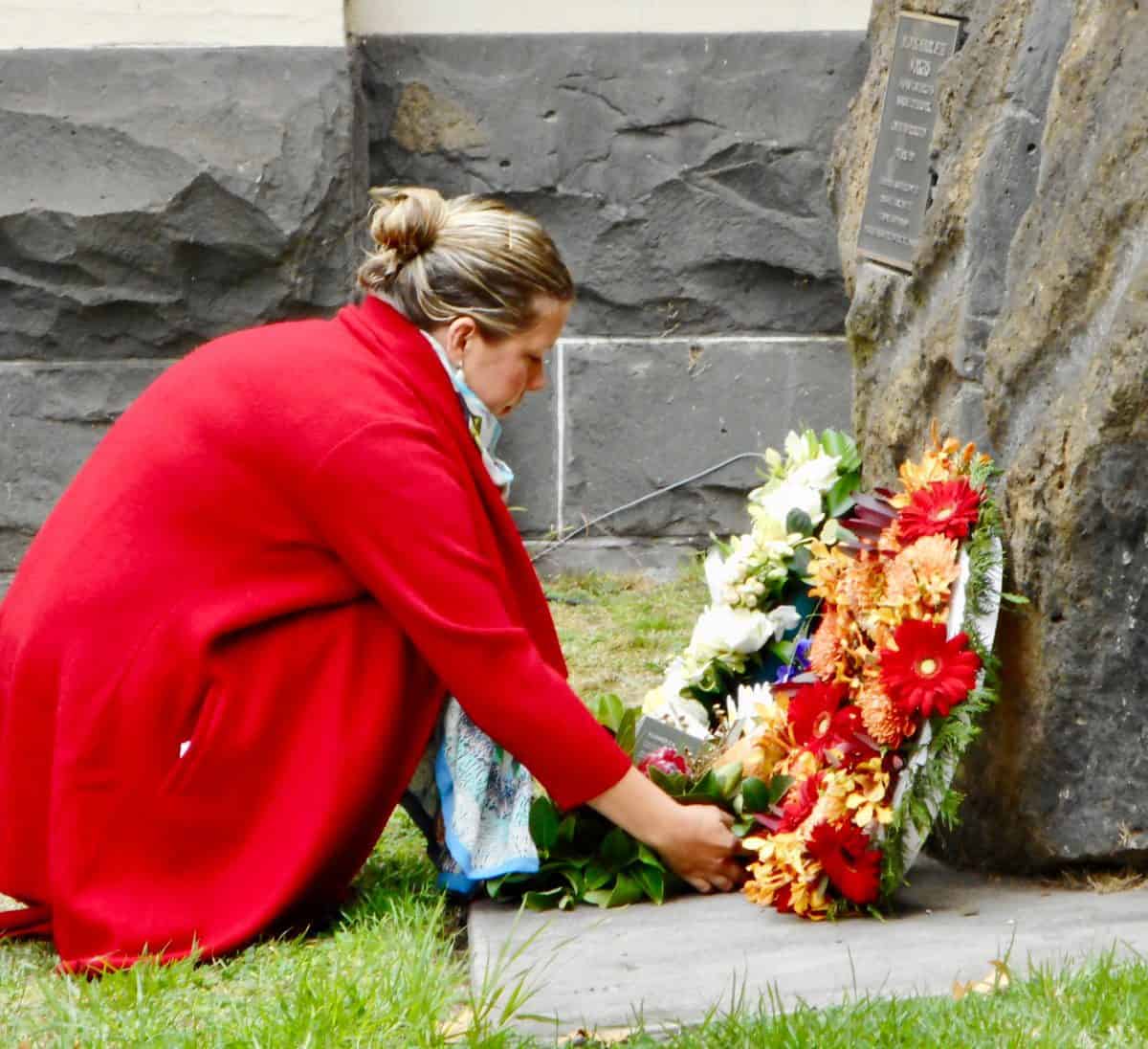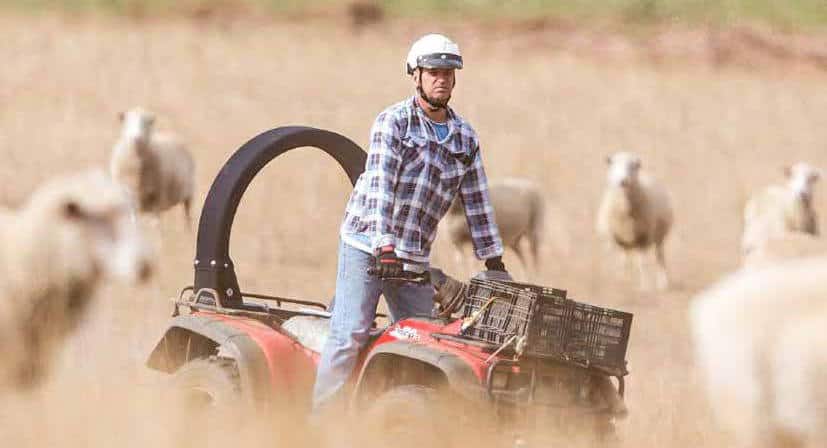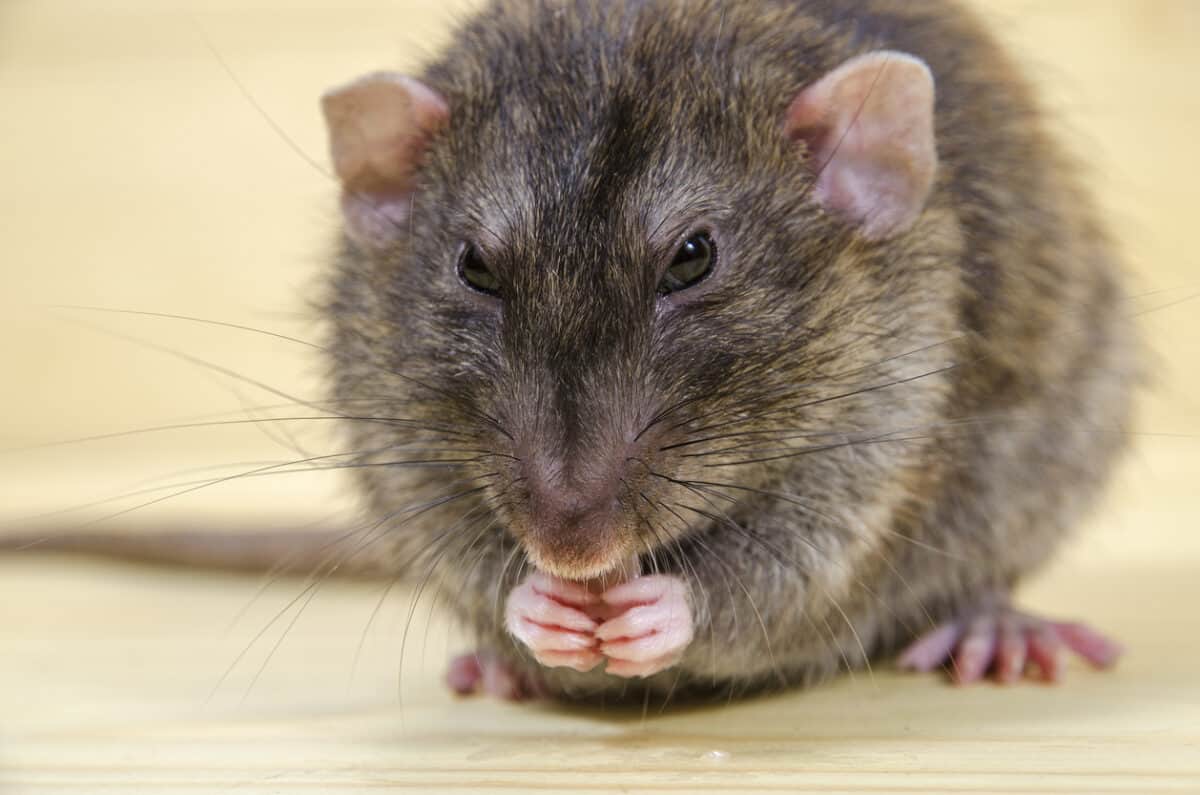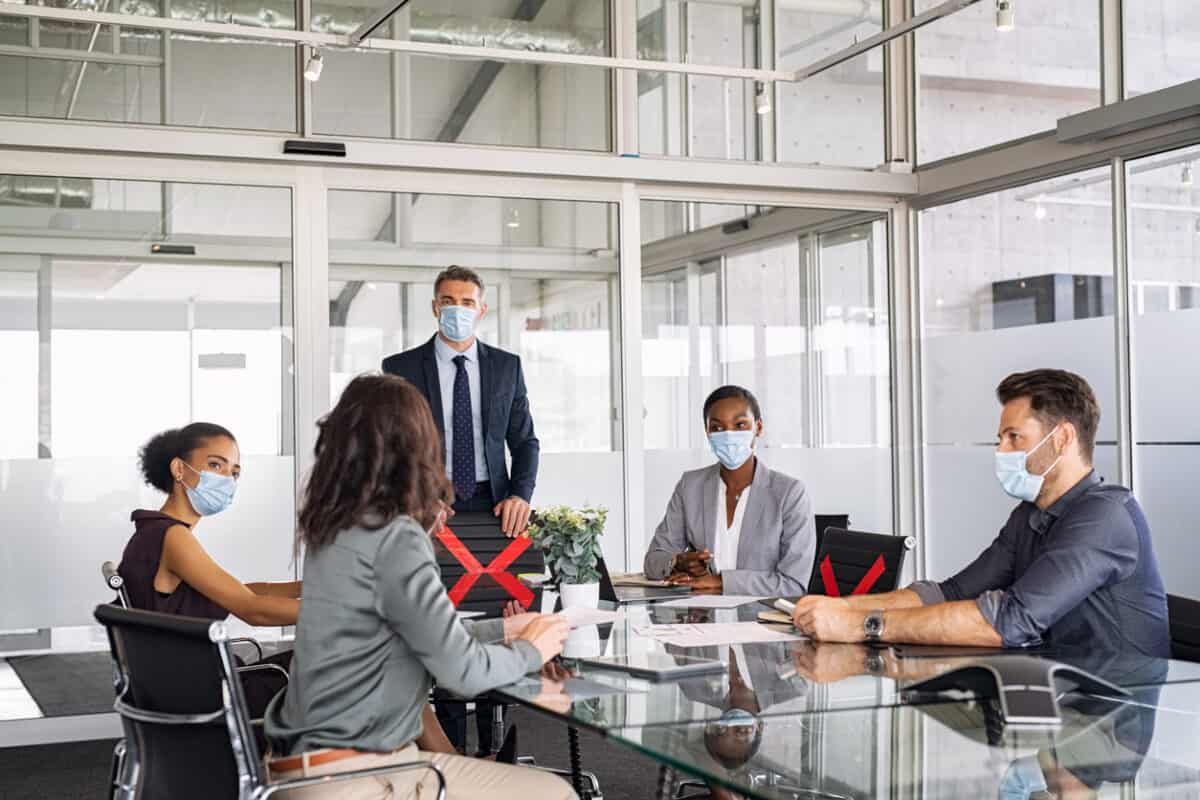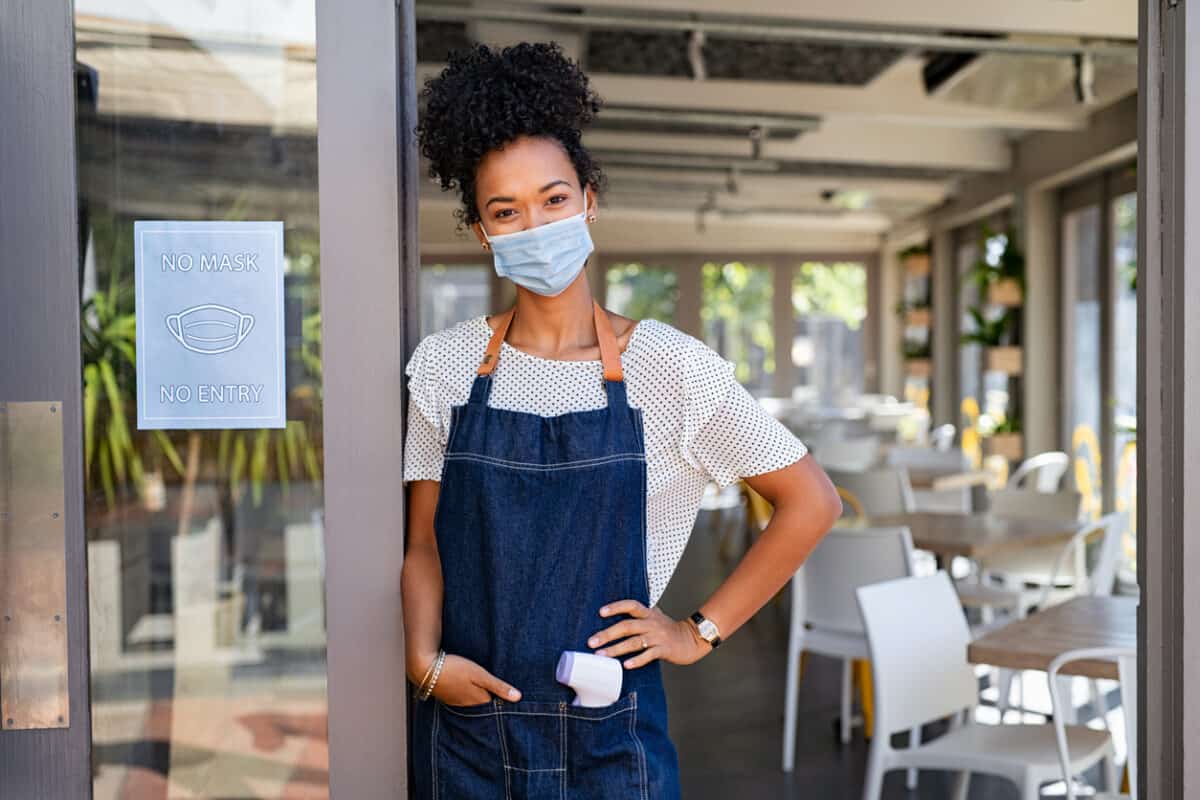The prosecution of Pipecon over two of its workers who died in a trench collapse in March 2018 has opened in Ballarat’s County Court this week. Day one of the plea hearing was reported in the local newspapers and provided details of the circumstances of the events leading up to the deaths of Charlie Howkins and Jack Brownlee.
The investigation of Pipecon generated great bitterness in Ballarat and not only for the Howkins and Brownlee families. There were strong rumours that Pipecon would plead not guilty and argue that their workers were responsible for the trench collapse. Understandably people were angry that the responsibility for the worksite would be transferred to the dead workers.
Several weeks ago, the Court heard that Pipecon would plead guilty to breaches of the Occupational Health and Safety (OHS) Act. Those alleged breaches are being presented in the current plea hearing. As the case is being heard in the County Court, in time, additional details of the findings of the Court will be publicly released, as opposed to cases heard in the Magistrates’ Court.

